Introduction
Welcome to The Ultimate Guide to West Highland White Terrier.
- They are known for their bright white coat and lively personality
- Westies make wonderful companions and are perfect for families or single owners
- This guide covers everything you need to know about caring for a Westie
- Learn about their temperament, grooming, training, health, and more
- Here is the ultimate guide to understanding and loving your Westie
1. History and Origin

The West Highland White Terrier originated in Scotland in the 19th century.
- Scottish Roots: Originally bred for hunting small game
- Development: Developed by Colonel Edward Donald Malcolm
- Terrier Group: Classified under the Terrier group by kennel clubs
- Recognition: Officially recognized by major kennel clubs worldwide
- Hunting Background: Known for their agility and determination in hunting
- Distinct Color: White coat was favored for visibility during hunts
- Popularity: Gained popularity as a household pet in the 20th century
- Today: Loved globally for their friendly and energetic nature
2. Physical Characteristics
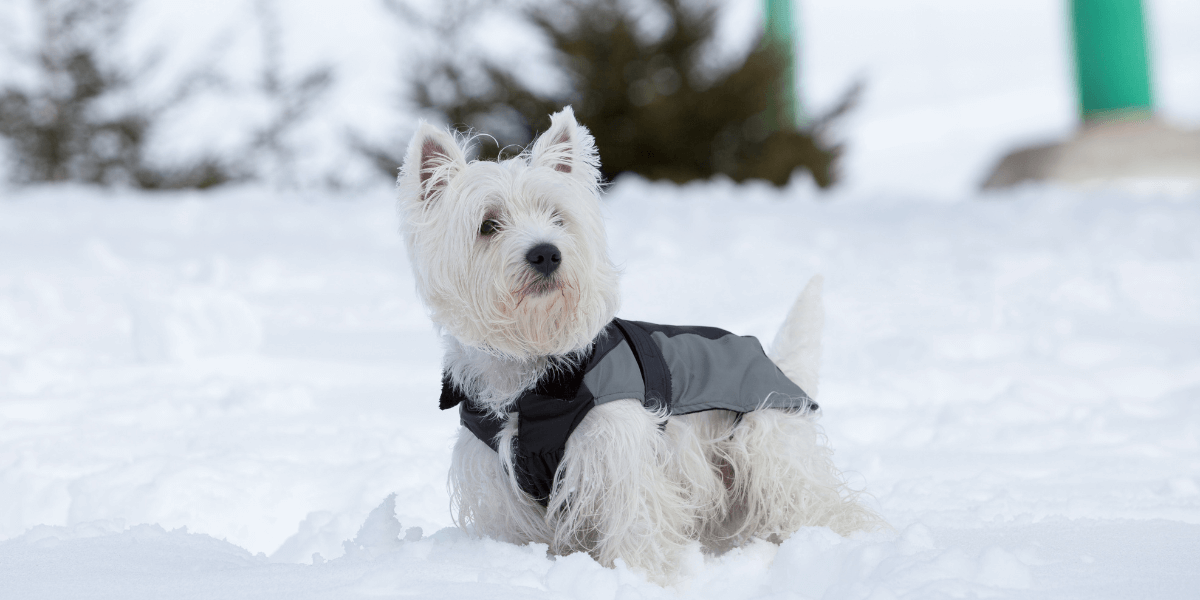
Westies have a distinctive look with a compact, muscular build and white coat.
- Size: Small breed, weighing around 15-20 pounds
- Coat Type: Double-layered coat; coarse outer and soft undercoat
- Height: Typically 10-11 inches tall at the shoulder
- Face Features: Bright eyes, pointed ears, and a button nose
- Tail: Short, straight tail carried high
- Body Shape: Compact, muscular body with a strong stance
- Legs: Short but sturdy legs with a confident gait
- Color: Always a distinct bright white coat
3. Temperament and Personality
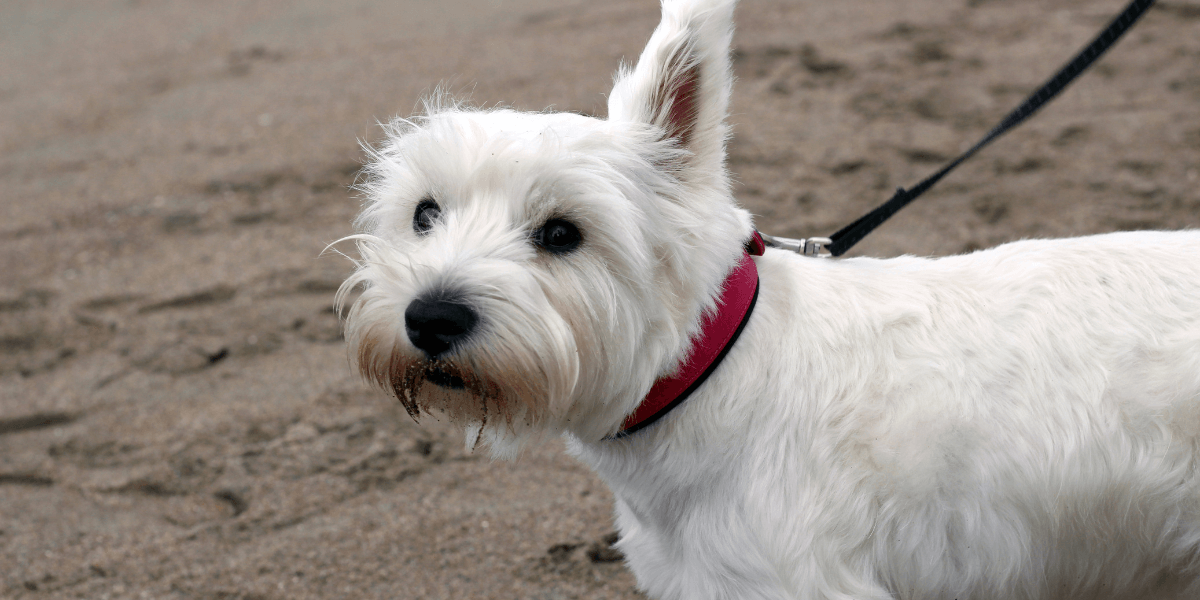
The Ultimate Guide to West Highland White Terrier reveals their lively, intelligent nature.
- Playful Nature: Love to play and are energetic
- Affectionate: Loyal and form strong bonds with their families
- Alertness: Naturally alert and make good watchdogs
- Independence: Confident and often display independent traits
- Intelligence: Quick learners and responsive to training
- Adaptable: Adjust well to different living environments
- Sociable: Generally friendly with other pets and people
- Courageous: Fearless despite their small size
4. Grooming Needs
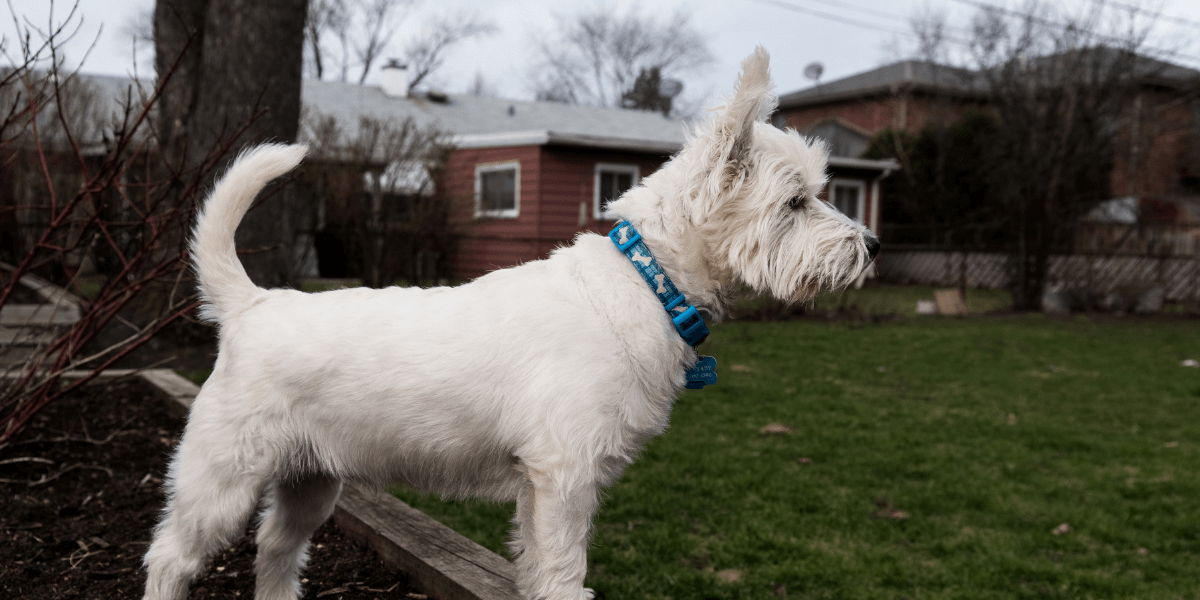
Westies require regular grooming to maintain their coat and overall health.
- Brushing: Weekly brushing to prevent matting
- Bathing: Bath every 4-6 weeks to keep the coat clean
- Haircuts: Regular trims to maintain their signature look
- Ear Cleaning: Clean ears weekly to prevent infections
- Dental Care: Brush teeth regularly to maintain oral health
- Nail Trimming: Trim nails every few weeks
- Skin Checks: Check for any skin issues like redness or irritation
- Professional Grooming: Recommended every few months
Discover top grooming tips for your Westie and explore Bernese Mountain Dog grooming advice for a well-kept coat.
5. Training Tips

The Ultimate Guide to West Highland White Terrier offers effective training strategies.
- Early Training: Start training early to instill good habits
- Positive Reinforcement: Use treats and praise for motivation
- Socialization: Expose to different people, pets, and environments
- Consistency: Maintain a consistent training routine
- Short Sessions: Keep training sessions short and engaging
- Patience: Be patient, as Westies can be a bit stubborn
- Crate Training: Helps with potty training and creating a safe space
- Obedience Classes: Beneficial for structured learning
6. Common Health Issues
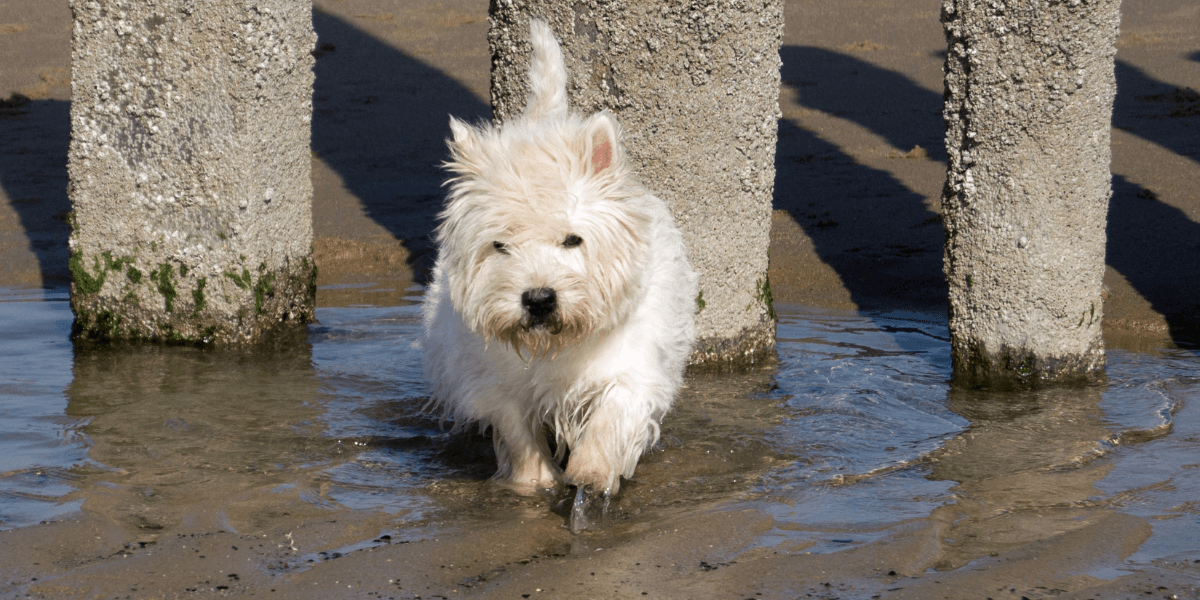
Westies are prone to certain health problems that owners should be aware of.
- Skin Allergies: Frequent itching and discomfort due to allergies
- Atopic Dermatitis: A common skin condition causing itching
- Luxating Patella: Knee dislocation that can cause limping
- Hip Dysplasia: Joint issues leading to mobility problems
- Cataracts: Eye condition that can lead to cloudy vision
- Pulmonary Fibrosis: Lung condition affecting breathing
- Addison’s Disease: Adrenal gland disorder requiring medication
- Liver Shunts: Affects the liver's ability to detoxify blood
Learn about common Westie health issues and understand hip dysplasia in Great Danes to ensure your dog's well-being.
7. Exercise Requirements
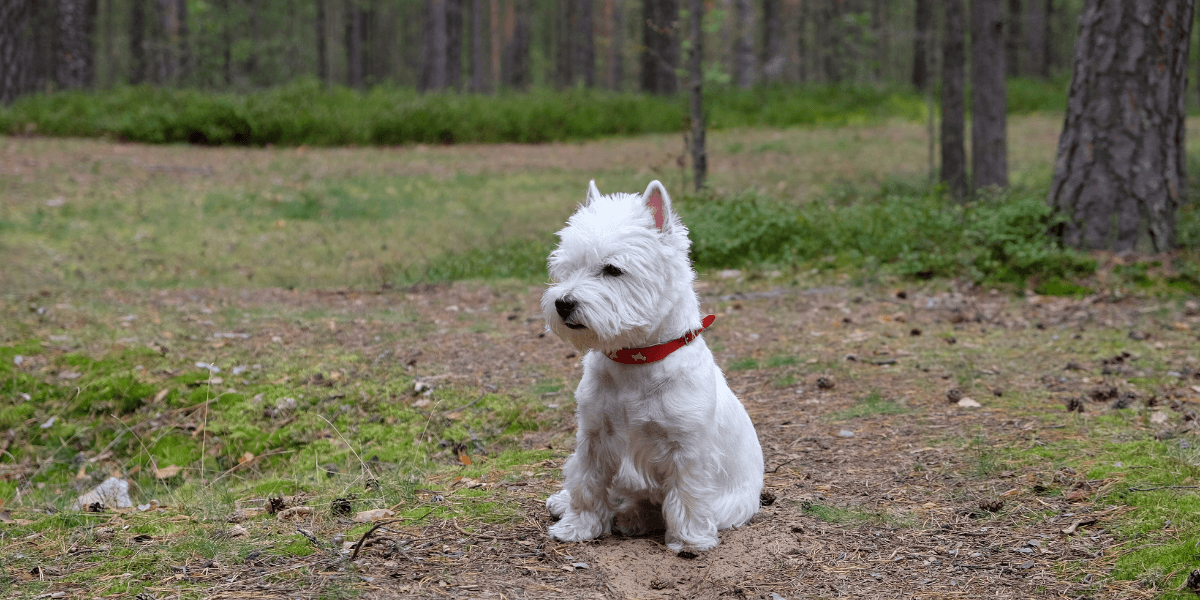
Westies are energetic and need regular exercise to stay healthy and happy.
- Daily Walks: Require at least 30 minutes of walking daily
- Playtime: Enjoy interactive play like fetch or tug-of-war
- Mental Stimulation: Include puzzle toys and training games
- Yard Time: Love exploring a secure backyard
- Agility Training: Great candidates for agility courses
- Off-Leash Areas: Enjoy running in safe, enclosed spaces
- Varied Activities: Mix up activities to keep them engaged
- Monitor Overexertion: Ensure they don’t overdo exercise
Ensure your Westie gets proper exercise and check out Great Dane training tips for a well-behaved companion.
FAQs
1. Are Westies good with children?
- Yes, they are generally friendly with children when socialized
2. How much exercise do Westies need?
- At least 30 minutes of daily exercise, including walks and play
3. What common health issues do Westies face?
- Skin allergies, cataracts, hip dysplasia, and more
4. Do Westies require special grooming?
- Yes, regular grooming is needed to maintain their coat
5. Are Westies easy to train?
- They are intelligent but can be stubborn; use positive reinforcement
6. What is the lifespan of a Westie?
- Westies typically live between 12-16 years
7. How often should I bathe my Westie?
- Every 4-6 weeks, or as needed depending on their activity
Conclusion
- The Ultimate Guide to West Highland White Terrier equips you with vital knowledge
- They require regular grooming, exercise, and a healthy diet
- Training and socialization are essential for a well-behaved Westie
- Be aware of common health issues and seek regular veterinary care
- Create a loving, stimulating environment for a happy Westie
- Embrace their spirited nature and enjoy life with your Westie



